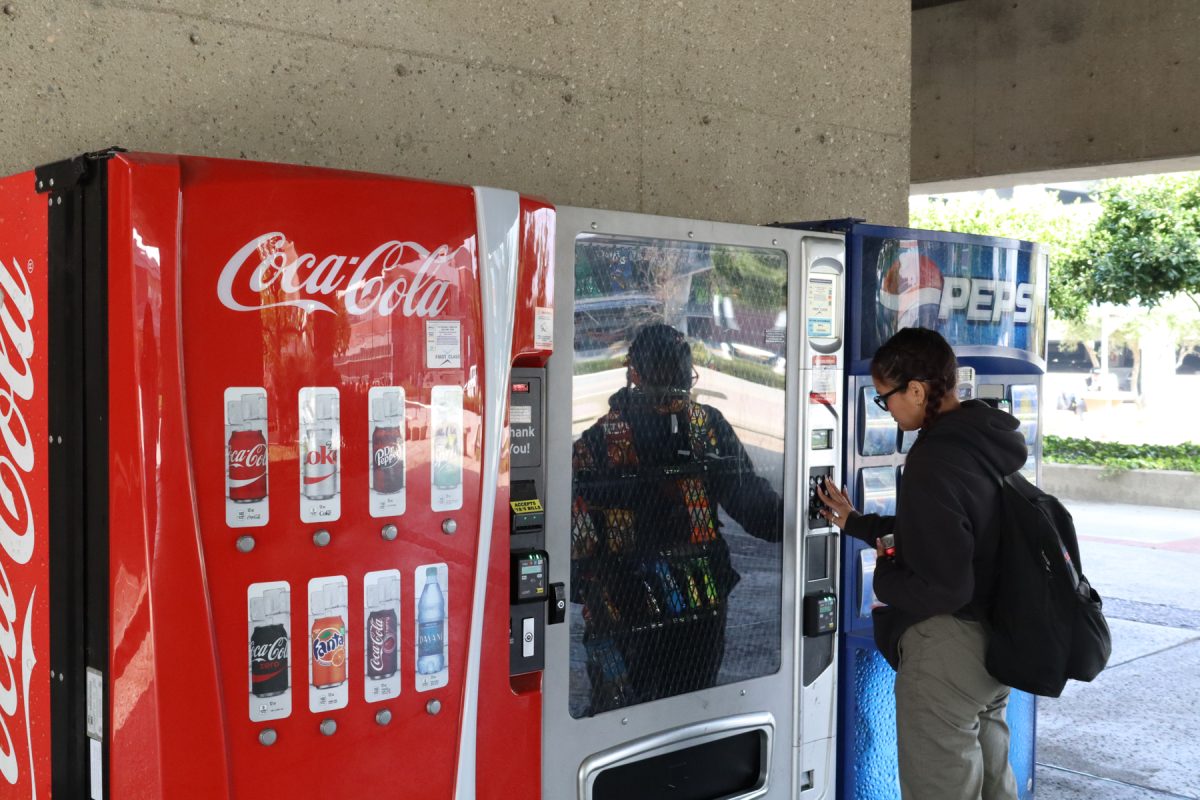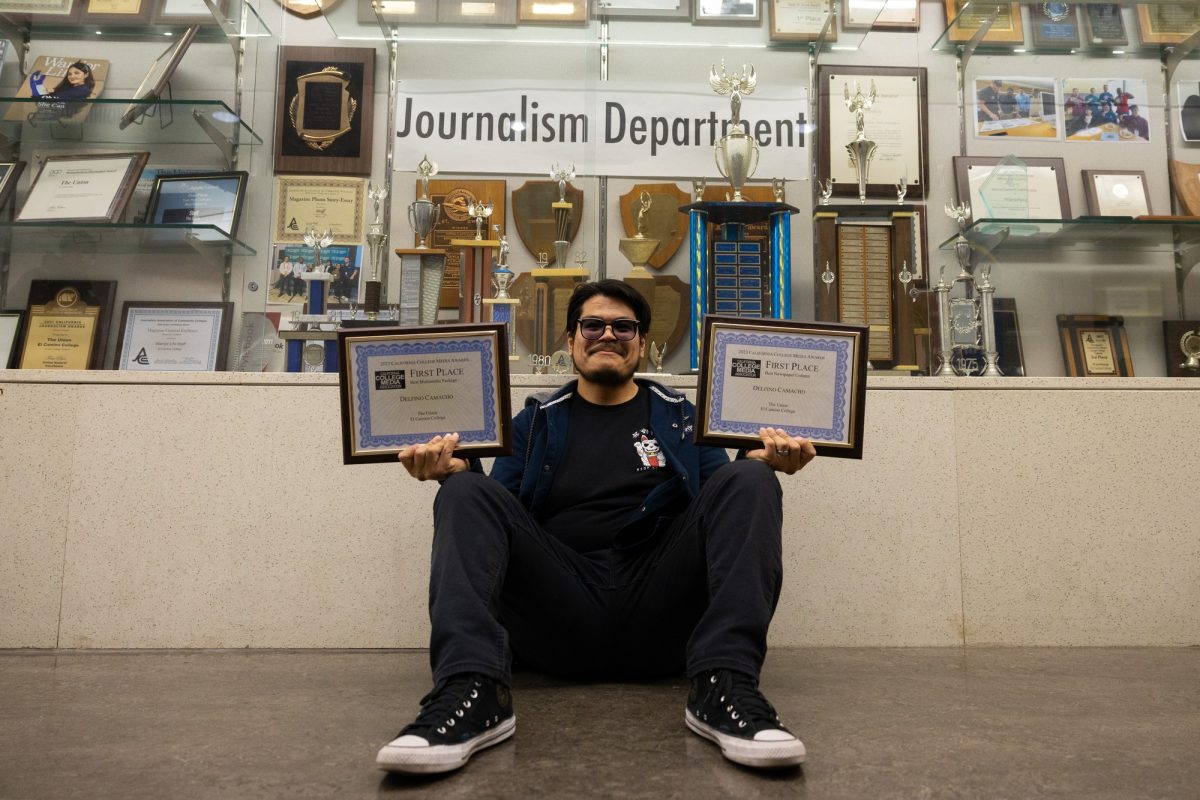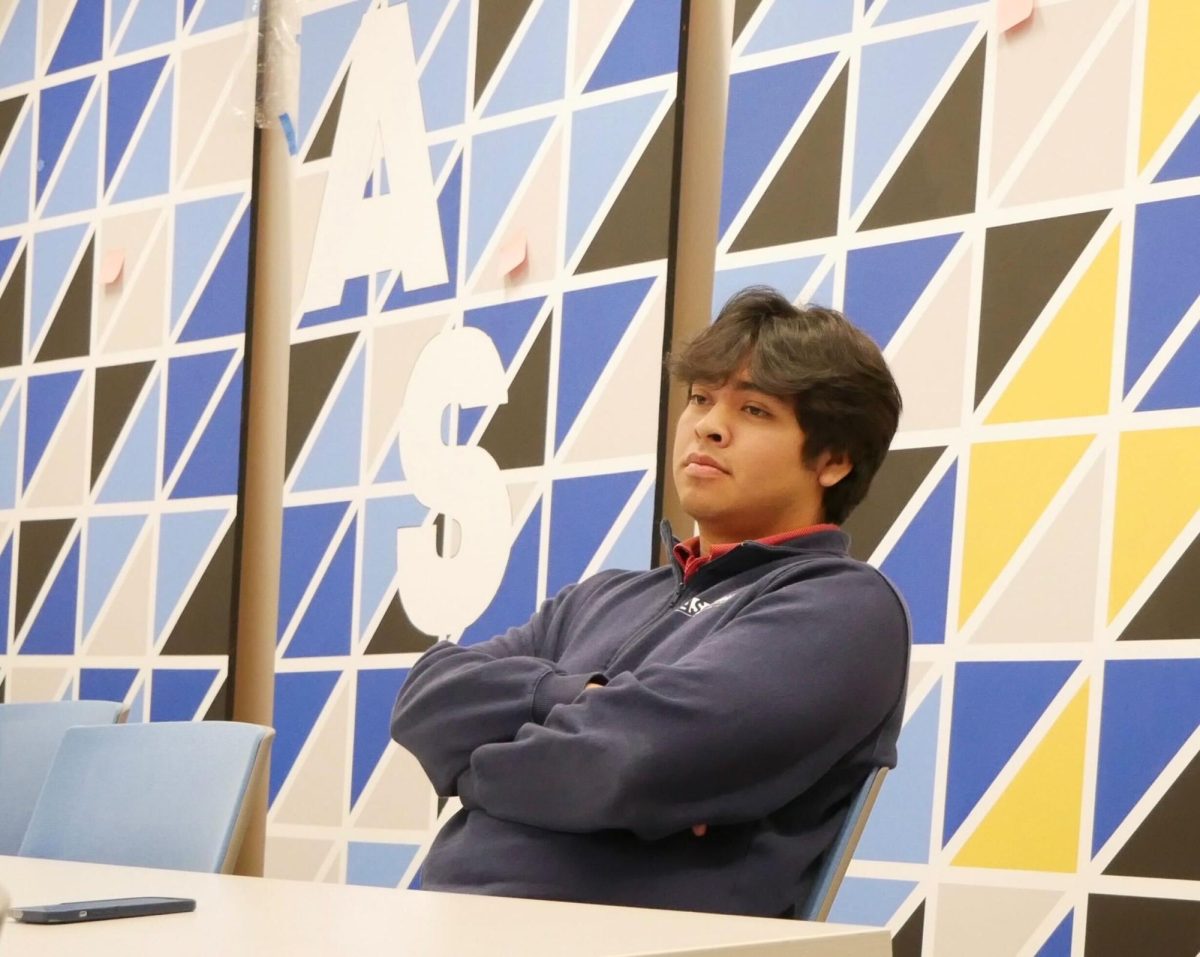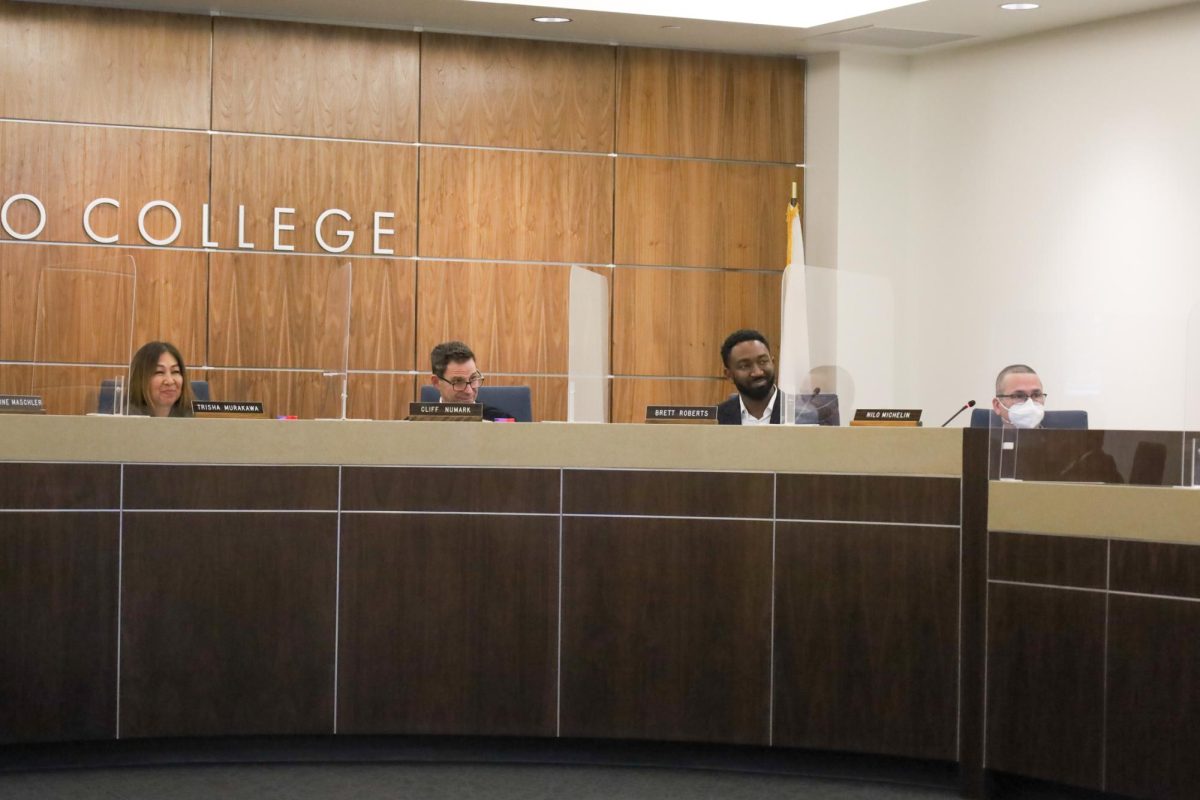Aluminum cans and plastic bottles are mixed together with slimy banana peels, used ketchup packages, dirty napkins and half eaten sandwiches in the trash bins throughout campus.
With the Associated Students Organization’s (ASO) recent approval for the Sustainability Committee, several students are working to bring environmentally sensitive practices to campus.
“We want to focus on the initiatives we can do to make progress and teach the community how to reduce the ecological footprint,” Irene Graff, director of institutional research and staff organizer of the sustainability group, said.
This group put together a progressive aluminum can and bottle recycling program as well as launching a successful waste management project, Dave Murphy, computer lab specialist of the Business Division and Sustainability Committee member, said.
But a few of these recycling programs came to a halt and the group eventually disbanded.
“It was said that things got messy and people were leaving more trash next to the recycle bins, which caused more clean up so they were removed,” he said.
Recycling bottles and cans has proved to be a costly program to the district and many private recycling companies saw no visible profit, Murphy said. Instead, people from the outside are allowed to come on campus and take these bottles and cans for their own use.
“There is no policy that encourages or prohibits them from coming on campus,” Tom Brown, assistant director of facilities, said. “But as you can see, bottles and cans get recycled quite often on campus.”
EC monitors what comes into the campus and what goes out; bottles and cans are the smallest group of recyclable products on campus.
While visible recycling might not be evident through recycle bins, there are other programs in place that helps to reduce the college’s waste and increase sustainability.
Some of the programs already in place include green waste composting and many other waste management projects including the recycling of building materials, e-waste, liquids and different types of paper among batteries, concrete, asphalt, cardboard and printer cartridges, Brown said.
“Besides bottles and cans, we look at the big volumes that go to the landfill,” he said.
From 2002 until present, the campus was in compliance with the state waste management requirements. The Department of Resources Recycling and Recovery (CalRecycle) requires state institutions to divert 50 percent of solid waste from landfills since 2004, Brown said.
Jasmine Hormati, 19, biology major and co-chair of the Sustainability Committee, she said is eager to continue promoting and spreading the word about waste management around campus.
“We are working really hard to address any recycling needs, create green events around campus and teach the community,” she said.
One of its main goals is to come up with an aluminum can and plastic bottle recycle program as well as looking into a solar powered compactor that will take a can or bottle and crush it, Hormati said.
As the Sustainability Committee looks to find an aluminum and plastic bottle recycle program to improve the campus’s efforts, it will also create a systematic inventory of what is already in place, Graff said.
“We want to create visibility so people will be proud of what our campus has done thus far,” she said.







